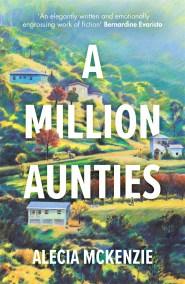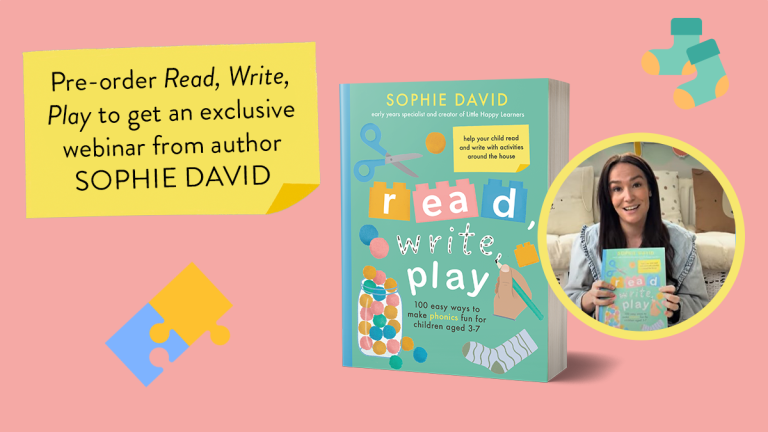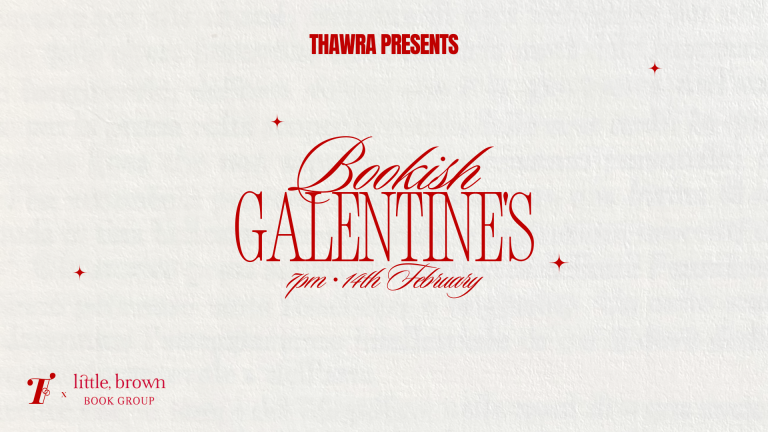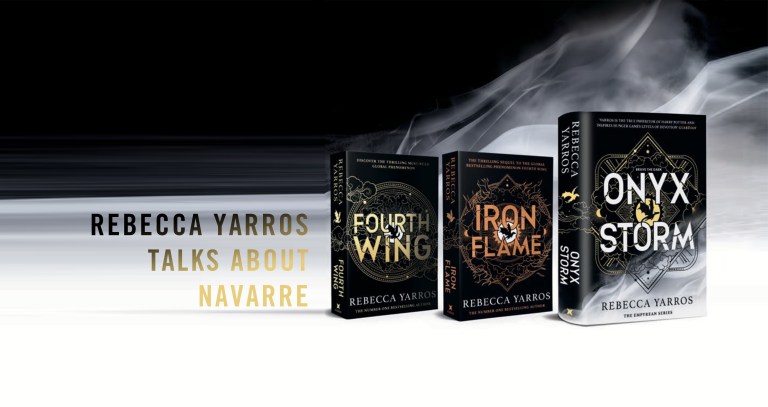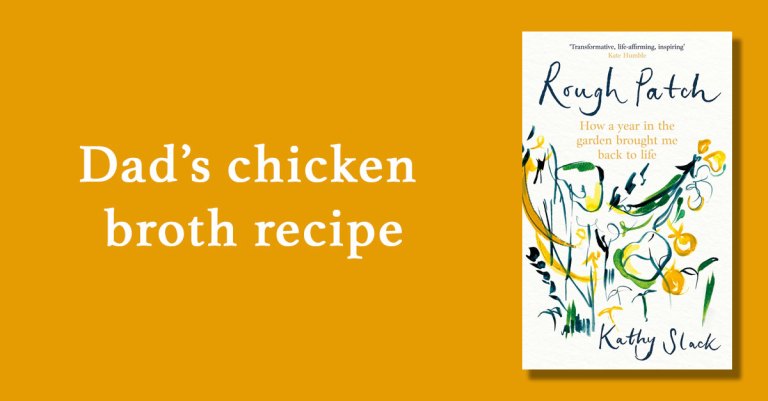We talk to Alecia McKenzie author of A MILLION AUNTIES
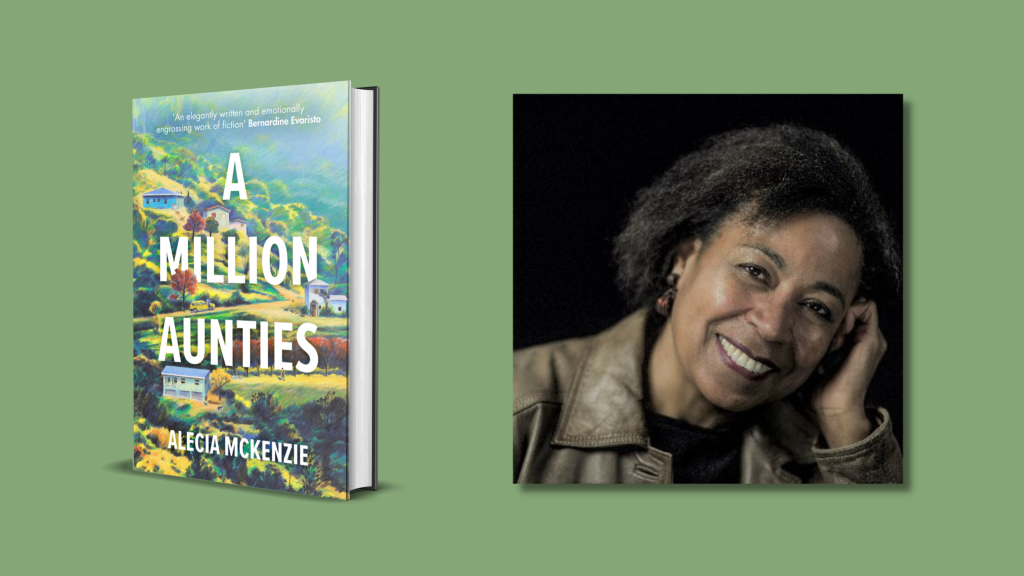
Today we are celebrating the publication of A Million Aunties by Alecia McKenzie who has shared some insights into her writing process and inspiration.
Q: What inspired you to write A Million Aunties?
A: The novel grew out of various ideas and concerns: how to deal with loss and grief; the role of art in healing; the significance of family and community; the importance of kindness. When I started writing the first chapter, I was also doing an art workshop in a remote place, trying to “understand” light – in its different forms. This became a theme throughout the book, I think.
- Q: Why did you set the novel in multiple countries?
A: This wasn’t planned, it just turned out that way. The main setting was always going to be the Caribbean, and then the other places came into the picture, perhaps because of where I’ve lived. So, there’s Jamaica, the US and France, for instance.
Q: Your settings are immensely vivid. Can you tell us about the important places in the book?
A: The central place is the fictional town of Port Segovia, where the inner strength and instinctive generosity of the main characters are immensely important for the story. People there have to deal with both natural disasters and personal tragedies, but they remain welcoming even as they seek ways to keep going. Other places include New York and Paris, and the role that art plays in the lives of the characters in these two cities.
Q: Chosen family is such a strong theme in A Million Aunties. Can you tell us what that meant to you and for the characters?
A: Family can sometimes be a fluid concept, and I wanted to portray this in the novel, especially the essential role that “aunties” (and uncles) play in the Caribbean – whether they are “blood relations” or not. It’s impossible to forget the people who looked out for kids when I was growing up, who would help with lunch-money or provide support in other ways. I felt a need to depict these individuals, the ones who are sometimes overlooked when we focus on the dark aspects of our community rather than the lighter sides.
Q: Could you tell us about the relationship between visual art and writing for you?
A: As a (shy) child, I was constantly sketching things around me as well as writing little poems and reading, and I later took art classes in both high school and college. I initially wanted to be an artist, but I don’t think I ever became good enough at it – there are much better artists in my family. Besides, writing has always had a stronger pull, including journalism and poetry – which I returned to during my undergrad years. Nowadays, if there’s a relationship between the two fields, it’s probably that of seeing things through a kind of art lens – the tendency to notice and remember colour, light, shapes, texture and so on. Another side of this is that I sometimes don’t feel the need to have a story in words if it can be drawn or painted, so I probably don’t write as much as I should!
Q: What are some of your favourite books?
A: There are so many, and, by “favourite”, I’m thinking of books – fiction, poetry, nonfiction – that have stayed with me for years, whether they were uplifting, disturbing, striking in any number of ways. Each time this question comes up, I remember books that I forgot the last time around!
Just to mention a few: Beloved and Song of Solomon (Toni Morrison), Things Fall Apart (Chinua Achebe), If Beale Street Could Talk (James Baldwin), Dread Talk (Velma Pollard), One Hundred Years of Solitude (Gabriel García Márquez), Miss Smilla’s Feeling for Snow (Peter Høeg), Good Morning, Midnight (Jean Rhys), Segu (Maryse Condé) … and so many others. Not so long ago, friends gave me copies of The Verandah Poems (Jean ‘Binta’ Breeze) and Ghost Wall (Sarah Moss), and I would recommend these to anyone as well.
Q: Is there a specific character in A Million Aunties that you relate to the most?
A: I think I relate to all the characters, especially Miss / Aunt Della. But I also like Leroy’s flat sense of humour, and his “down-to-earth-ness”. I wish I had included more of his story. That’s perhaps for the next book.
A Million Aunties
by Alecia McKenzie
'An elegantly written and emotionally engrossing work of fiction.' Bernardine Evaristo, Booker Prize-winning author of Girl, Woman, Other
An emotional, tender and funny novel from award-winning author Alecia McKenzie that asks, what does family mean to you?
Seeking solitude after a personal tragedy upends his world, artist Chris travels to his mother's homeland, Jamaica, in a bid to find peace. He expects to spend his time painting alone, coming to terms with his loss and the fractured relationship with his father. Instead, he discovers a new extended and complicated 'family' with their own startling stories. Can they help him to become whole again?
Told from different points of view, this is an utterly compelling and deeply relatable novel from the winner of two Commonwealth literary prizes. Fans of Girl, Woman, Other and The Vanishing Half will love this book about friendship, community, chosen family, and healing after trauma.
What readers are saying about A Million Aunties:
'This is a wonderful story about the families we're given and those we make for ourselves. A life-affirming read.' Louise Hare, author of This Lovely City
'This warm and wise story celebrates the importance of community and belonging.' Woman's Own
'A tender novel.' Hello
'Have you ever not wanted a book to end? Were disappointed that the characters are gone from your life?... Makes you yearn for more.' New York Journal of Books
'An absolute delight!... Trust me - if you enjoy character-driven, multicultural fiction, you're going to want to get your hands on this book ASAP.' Reader review
'Emotional, enthralling and heartfelt... A story of loss and the infinite types of love.' Woman's World
'Pulls you in and holds you right till the end. It's strongly written with a delicate touch.' New West Indian Guide
'Tender... An emotionally resonant ode to adopted families and community resilience.' New York Times
'This big-hearted narrative of love, loss and family is handled with grace and beauty.' Publishers Weekly
'A beautiful book for anyone who knows there is more to family than blood relations.' Book Culture

